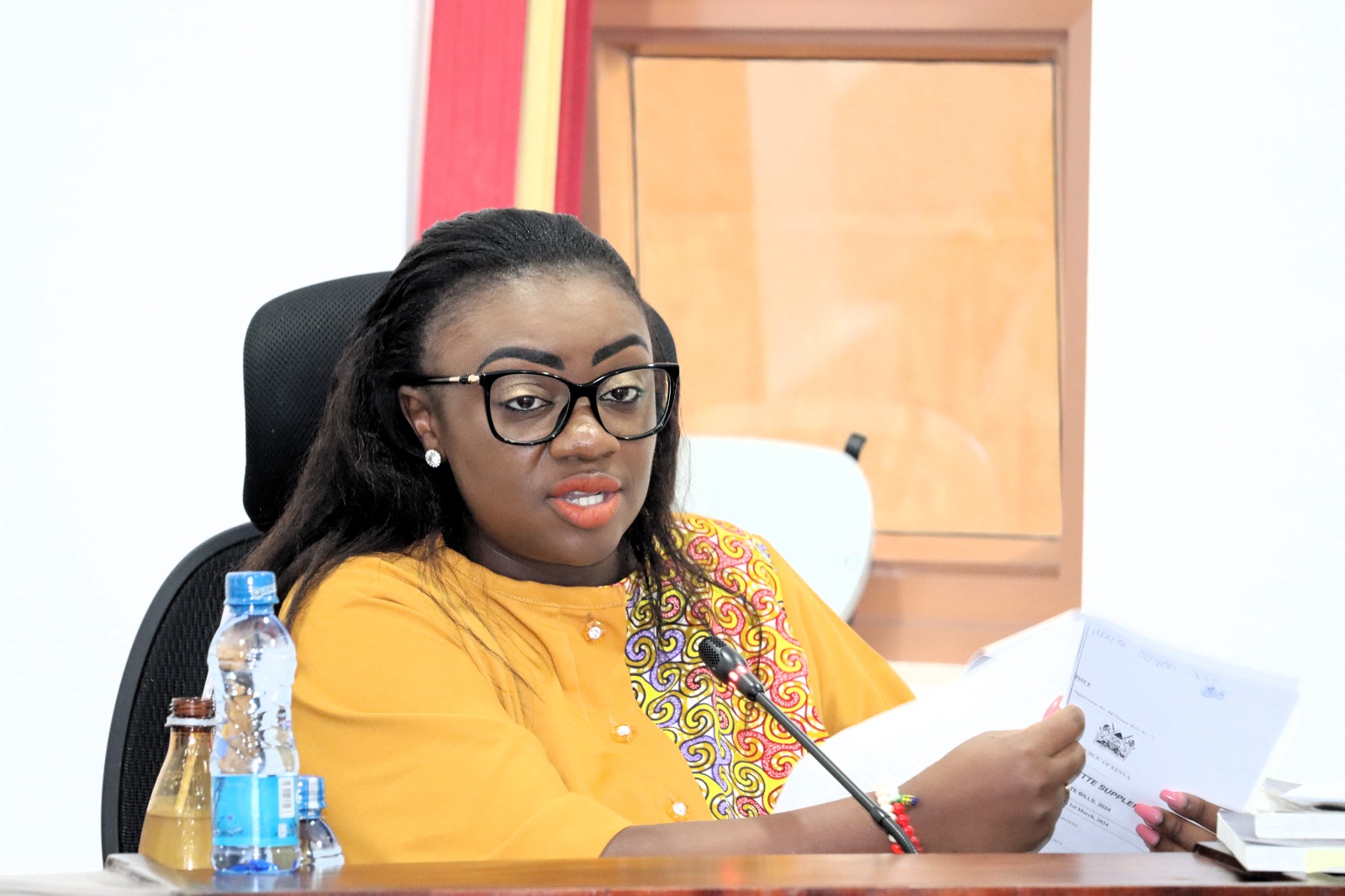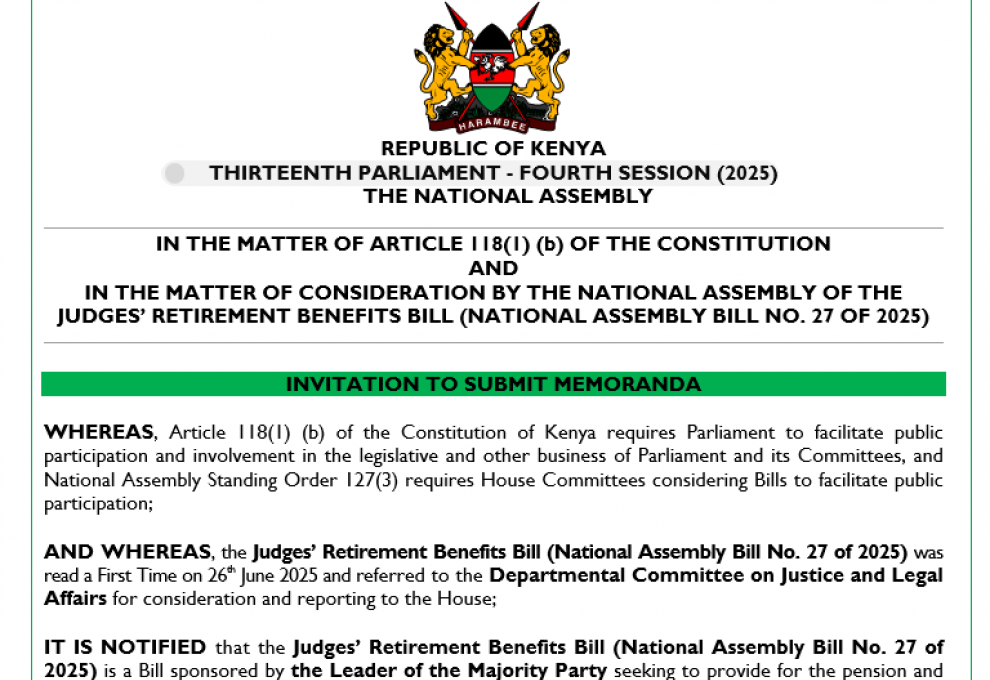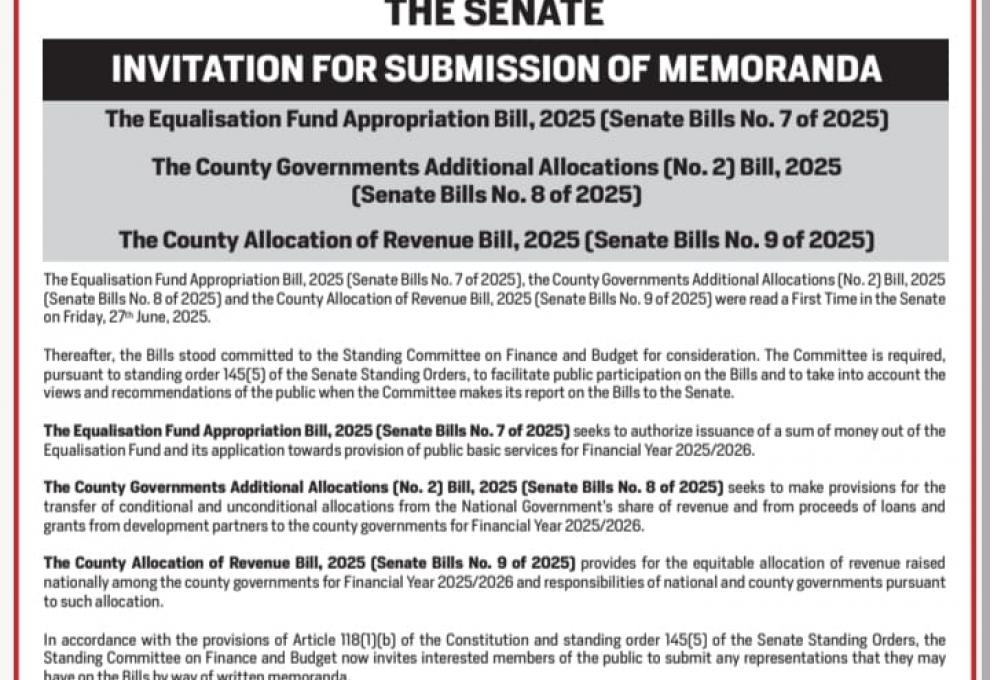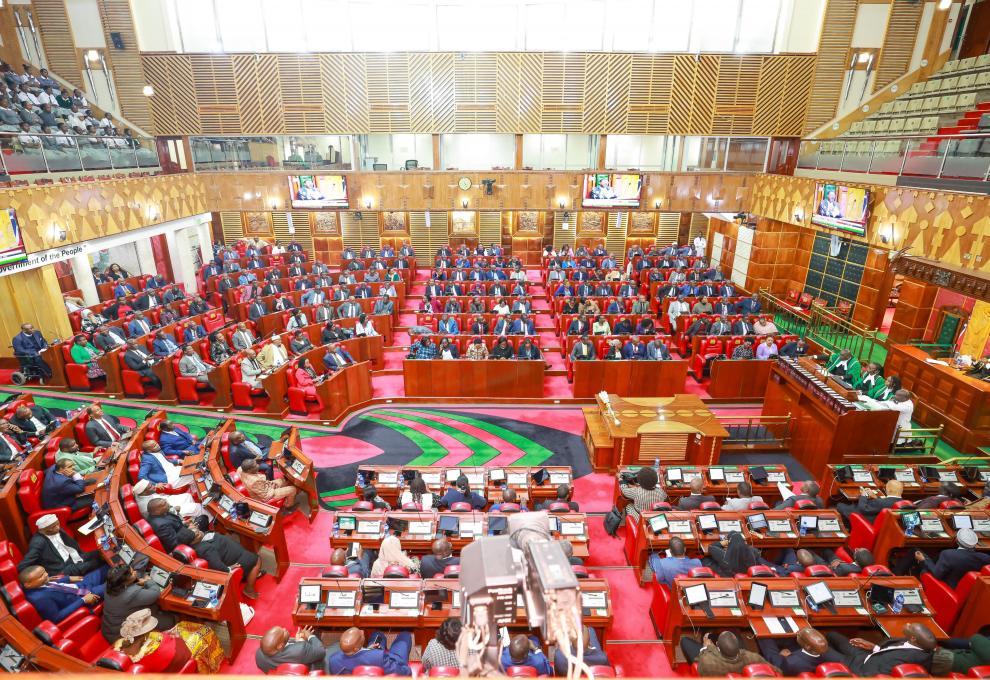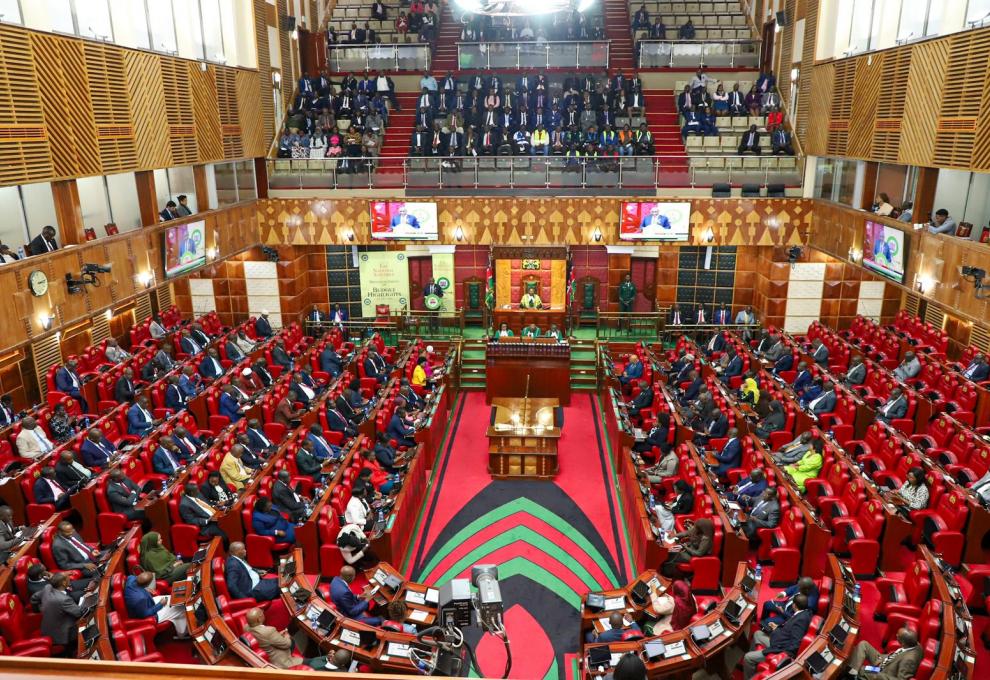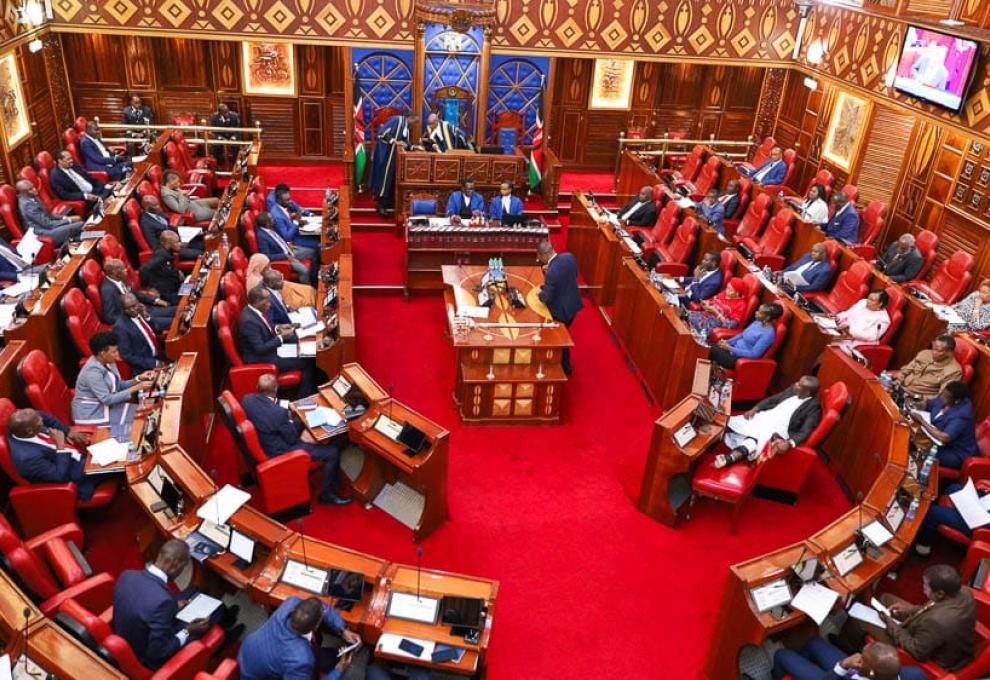𝐒𝐞𝐧𝐚𝐭𝐞 𝐂𝐨𝐦𝐦𝐢𝐭𝐭𝐞𝐞 𝐨𝐧 𝐋𝐚𝐛𝐨𝐮𝐫 𝐄𝐧𝐠𝐚𝐠𝐞𝐬 𝐒𝐭𝐚𝐤𝐞𝐡𝐨𝐥𝐝𝐞𝐫𝐬 𝐨𝐧 𝐭𝐡𝐞 𝐏𝐫𝐨𝐯𝐢𝐬𝐢𝐨𝐧𝐬 𝐨𝐟 𝐒𝐚𝐧𝐢𝐭𝐚𝐫𝐲 𝐓𝐨𝐰𝐞𝐥𝐬 𝐁𝐢𝐥𝐥
In a robust engagement meeting, the Senate Committee on Labour and Social Welfare, chaired by Sen. George Mbugua, convened with key stakeholders to deliberate on amendments to the Provision of Sanitary Towels Bill, 2024. The stakeholders included representatives from the State Department of Gender and The Cradle, each presenting their proposed revisions and justifications.
The State Department of Gender, represented by Emily Opati, spearheaded the discussions by recommending a revision of clause 8 (c). This clause currently mandates the provision of free, sufficient, and quality sanitary towels to every woman employed or studying in a public institution and to every woman in the custody of a correctional facility. Opati proposed the deletion of "to every woman employed by a public institution," citing financial unsustainability.
"Providing free sanitary towels to every woman employed in government is not financially sustainable," Opati stated. However, Sen. Gloria Orwoba, the bill's sponsor and Labour Committee member, countered this proposal, emphasising the importance of inclusivity.
"If we are distributing free sanitary pads to students within institutions, then it should only be fair that those who are also working in those institutions are able to get the same pads," Sen. Orwoba asserted.
"In fact, what we are now struggling with is the definition of public institutions within this bill."
Further, Opati suggested including the Permanent Secretary of the Ministry of Interior in the Inter-Ministerial Committee on Provision of Sanitary Towels. Sen Orwoba, however, noted the country's current austerity measures, and the rallying call for a reduction in committee membership from 15 to 9 members.
Representing The Cradle, Shantal Onyango proposed renaming the bill to the Menstrual Hygiene Products Bill, arguing for inclusive, non-stigmatizing, and accurate language.
"The term sanitary towels is outdated and carries negative connotations that can perpetuate shame and stigma around menstruation," Onyango emphasised.
Discussions also revolved around the logistics and distribution mechanisms for the sanitary towels. The meeting stressed the importance of a reliable supply chain to ensure the products reach their intended beneficiaries efficiently and without delay. Suggestions were made to build the capacity of local manufacturers to support the local economy while addressing menstrual hygiene needs.
The Provision of Sanitary Towels Bill seeks to provide quality, free and sufficient sanitary towels in public institutions and correctional facilities, and establish the inter-ministerial committee on the provision of sanitary towels.



